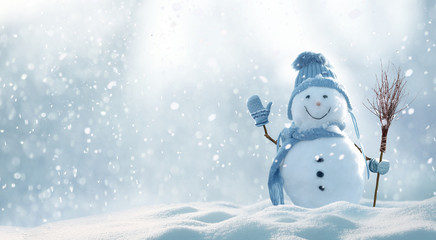ANR January Newsletter 2025
ANR January Newsletter 2025
January 2025 Edition
Agriculture & Natural ResourcesView Newsletter
Share this Newsletter
Additional Newsletters
Preview This Newsletter
 |
ANR January Newsletter 2025 |
| What to do in January & February | On warm days, check to see is any perennials have been heaved by freezing & thawing of soil. |
| The importance of practicing safety on the farm | Animals & humans sense their surroundings very differently, so it is important to recognize those differences & use that information to help handle animals with greater safety. |
| Updating Mailing List | If you would like to update your mailing address or be removed from this mail list, please contact the U.K. Cooperative Extension Service- Floyd County office, to do so. |
| Protecting livestock from cold weather | Providing sufficient water, ample high-quality feed and weather protection are the three most important things you can do to protect livestock from cold stress this winter. |
| Winter management can decrease insect problems | In order to survive the winter, insects need to reach a certain stage of development. Crop residues left on the ground allow them to complete their development. |
| Control lice before they reduce beef & dairy profits this winter | Lice can suck the profits out of your beer & dairy cattle herds during the winter. |
| Get an Early start on Spring gardening | If you want to get an even earlier start, you could try covering an area with clear plastic film to create a mini greenhouse where plants will thrive. |
| Cold weather horse nutrition | Consider yourselves lucky that your horses do not to deal with temperatures that consistently dip into the negative digits. |
| Radon in invisible, tasteless, odorless & dangerous | It annually kills more than 21,000 Americans & accounts for about 12 percent of all cancer deaths. |
| Recommendations for taking soil samples | Soil testing is an important management practice for gardens, pastures, lawns, landscapes, croplands, & other agricultural lands. |
| Taking care of our feathered friends | Supplementing their diet will provide them with enough food to keep warm during cold, winter nights. |
| Weather Safety! | Remember the animals- Make sure they have access to melted water, plenty of food, and shelter to keep them protected. |

